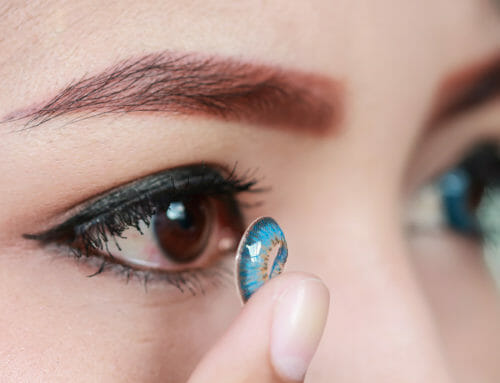
What Is Retinal Detachment? Everything You Need To Know
The retina is an essential part of the eye that enables vision. It transmits light entering the eye, which turn into nerve signals, to the brain for visual recognition. The retina is a key factor for normal healthy vision. It is surrounded by vitreous fluid that provides it with essential nutrients and oxygen.
A detached retina occurs when the retina pulls or lifts away from its normal position, causing the vitreous fluid to infiltrate the areas between the connected parts.
A common cause of retinal detachment is tears or holes in the retina where fluid may pass through these and cause retinal detachment or fluid build-up under the retina. People at greater risk include those who have had previous eye surgeries, diabetics and those who have suffered from an eye or head trauma.
It can affect anyone at any age, but age may also be a contributing factor to the likelihood of retinal detachment. It is more common in adults over 40. You may be at risk of retinal detachment if you have a family history of the condition, near-sighted vision, or other eye diseases and disorders.
Though retinal detachment is usually painless there are a number of symptoms and signs to look out for before it progresses and worsens. Symptoms include eye floaters, flashes of light occurring in one eye or the other (photopsia), blurred vision or shadows in the eye.
The only way to establish a retinal detachment is from an eye examination by an ophthalmologist. It is important to book regular eye examinations, especially if you notice changes in your vision, this could potentially save you from total vision loss. Also, taking care of your eyes when engaging in certain physical activities may help.
Treatment is dependent on the severity of the detachment. There are a number of surgical procedures that involve sealing any tears, reducing the pull on the retina, or moving it back into position for reattachment. Your ophthalmologist will be able to outline these in further detail.
Retinal detachment may lead to a complete vision loss if left unchecked and not treated promptly.

About the expert
Mr Hamada | Consultant Ophthalmologist and Corneal Surgeon
MD, MSc, DO (hons), FRCSEd, FRCOphth I am Samer, founder and consultant ophthalmic surgeon with over 20 years’ experience in ophthalmology. I am a world-renowned specialist in cornea, cataract and refractive surgery. I’m not only a leading surgeon but also the only dual fellowship trained in corneal diseases in children from reputable institutions in the UK. At Eye Clinic London I work closely with other consultant ophthalmologists, optometrists and orthoptists to achieve the best outcomes for our patients. Our main aim is to make sure our patients get the safest and best treatments available to them. We put your safety before anything else so you can rest assured that if you choose us you will be in the best and safest hands.



